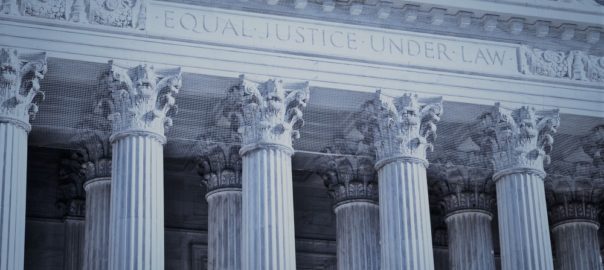U.S. v Ataya
884 F.3d 318
Sixth Circuit Court of Appeals
Decided on March 2, 2018
Issue:
Plea Agreements Must be Knowing and Voluntary
Whether an appeal waiver is valid when the defendant was not informed by the district court of restitution and immigration consequences such as denaturalization under Federal Rule of Criminal Procedure 11(b)(1)(J), (K), (L), and (O), which requires the court to inform the defendant of immigration consequences before entering his plea agreement.
Holding:
Appeal Waiver Not Valid in Cases of Plain Error
The Sixth Circuit held that because the district court failed to comply with Fed. R. of Crim, P. 11(b)(1)(O) by informing the defendant of immigration consequences, Ataya’s plea was not knowing and voluntary, and therefore his appeal waiver is voided.
Facts:
Ataya pled guilty to conspiracy to commit healthcare and wire fraud. His plea agreement contained a waiver of appeal rights. At his plea hearing, the district court failed to address a number of considerations that are required under Fed. R. of Crim, P. 11(b)(1). First, the court did not inform Ataya that the plea agreement required him to pay $4,119,711.29 in restitution, and second, “neither the plea agreement nor the district court seems to have mentioned” that Ataya might face denaturalization as a result of the conviction. The lower court sentenced Ataya to 97 months’ imprisonment. He appealed on plain error, arguing that he had no notice from any source that his guilty plea might result in denaturalization and, had he known about the consequences under Rule 11, he would not have pled guilty.
Analysis:
Proving Plain Error
In an appeal under plain error, Ataya had the burden to prove that 1) there was an error or defect, some sort of deviation from a legal rule, 2) the legal error was clear or obvious and 3) the error affected the appellant’s substantial rights and the outcome of the district court proceedings.
The Federal Rule of Criminal Procedure 11(b)(1)(O) instructs the district court “to inform the defendant of, and determine that the defendant understands that, if convicted, a defendant who is not a United States citizen may be removed from the United States, denied citizenship, and denied admission to the United States in the future.” Because the lower court did not comply with this rule, Ataya met the first two prongs of plain error review.
The Government argued that Ataya could not meet the third step of the plain error review, that he did not demonstrate he would not have pled guilty but for the district court’s Rule 11 error. However, the Supreme Court has recognized that U.S. citizenship provides “priceless benefits,” and the consequences of denaturalization are “more serious than a taking of one’s property, or the imposition of a fine or penalty.” (Schneiderman v. U.S., 320 U.S. 118, 122, S.Ct. 1333, 87 L.Ed. 1796 (1943). Furthermore, the Supreme Court has repeatedly acknowledged that “preserving [an individual’s] right to remain in the United States may be more important to [that individual] than any potential jail sentence.” (Lee v. United States, U.S. 137, S.Ct. 1958, 1968, 198 L.Ed.2d 476 (2017).
In addition to the severe consequences of denaturalization in general, the Sixth Circuit found sufficient contemporaneous evidence in the record demonstrating a reasonable probability that Ataya in particular would not have pled guilty if he had notice of adverse immigration consequences. At his sentencing, Ataya articulated a strong aversion to his former homeland of Syria, and mentioned relatives who are now displaced due to ongoing civil war. Additionally, Ataya is the father of three children who reside in the U.S., and he is an active parent and the family’s breadwinner. Considering the serious consequences of denaturalization on Ataya and his family, Ataya showed there was a “reasonable probability” that he would not have entered the guilty plea had he known about the Rule 11 (b)(1)(O) implications; therefore he satisfied the third prong of the plain-error review.
The Sixth Circuit held that Ataya’s plea agreement was invalid due to plain error. Therefore the appeal waiver contained within it was unenforceable. The Court reversed the defendant’s conviction and remanded for further proceedings.

